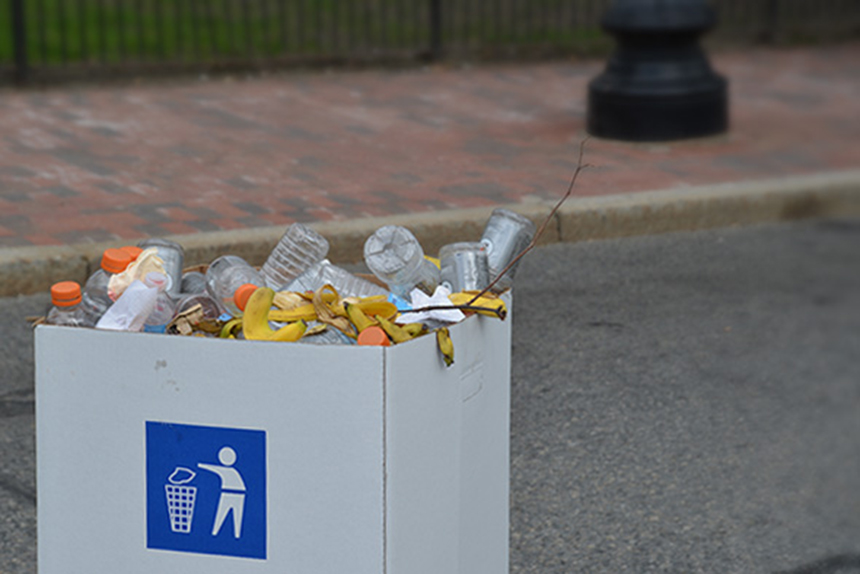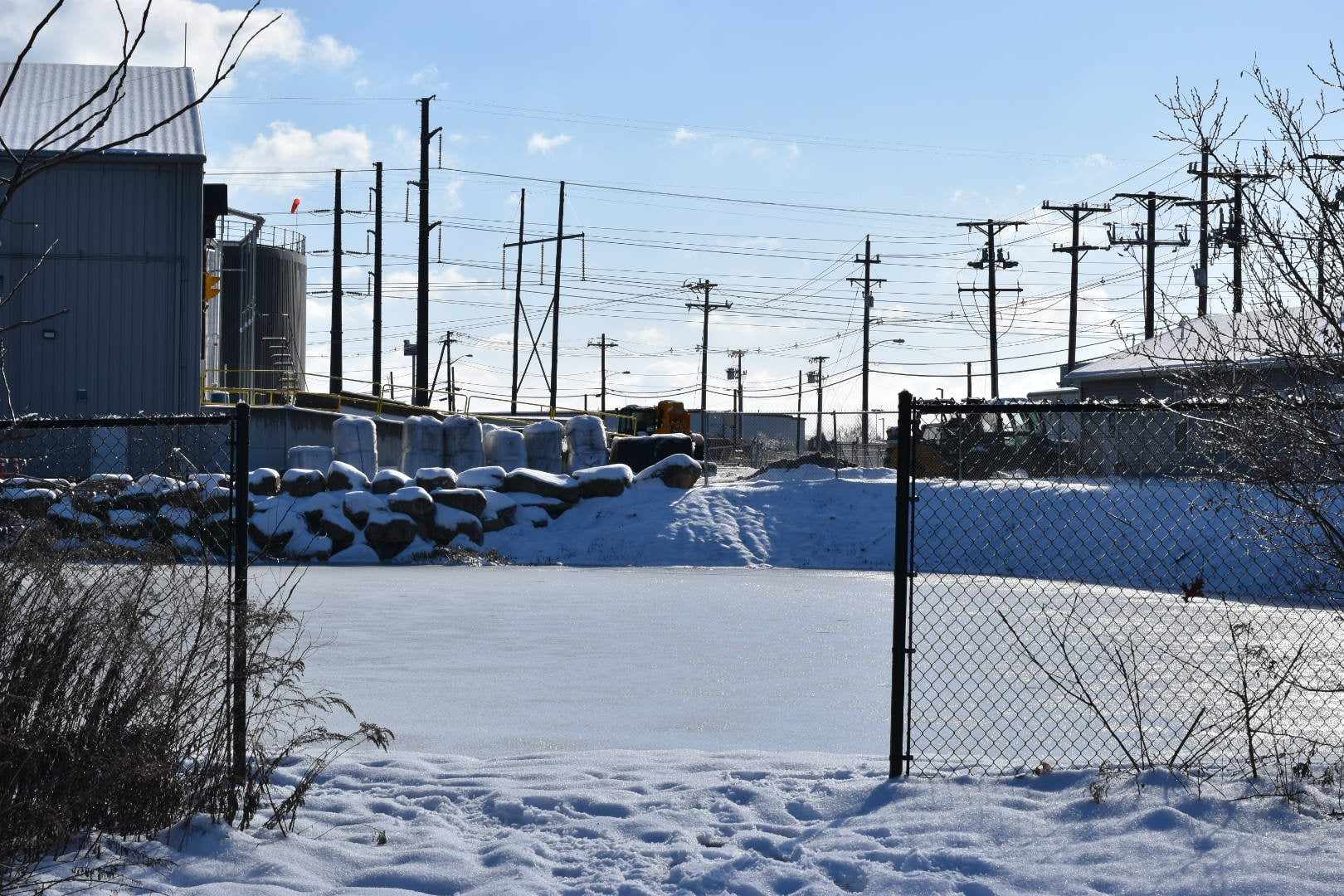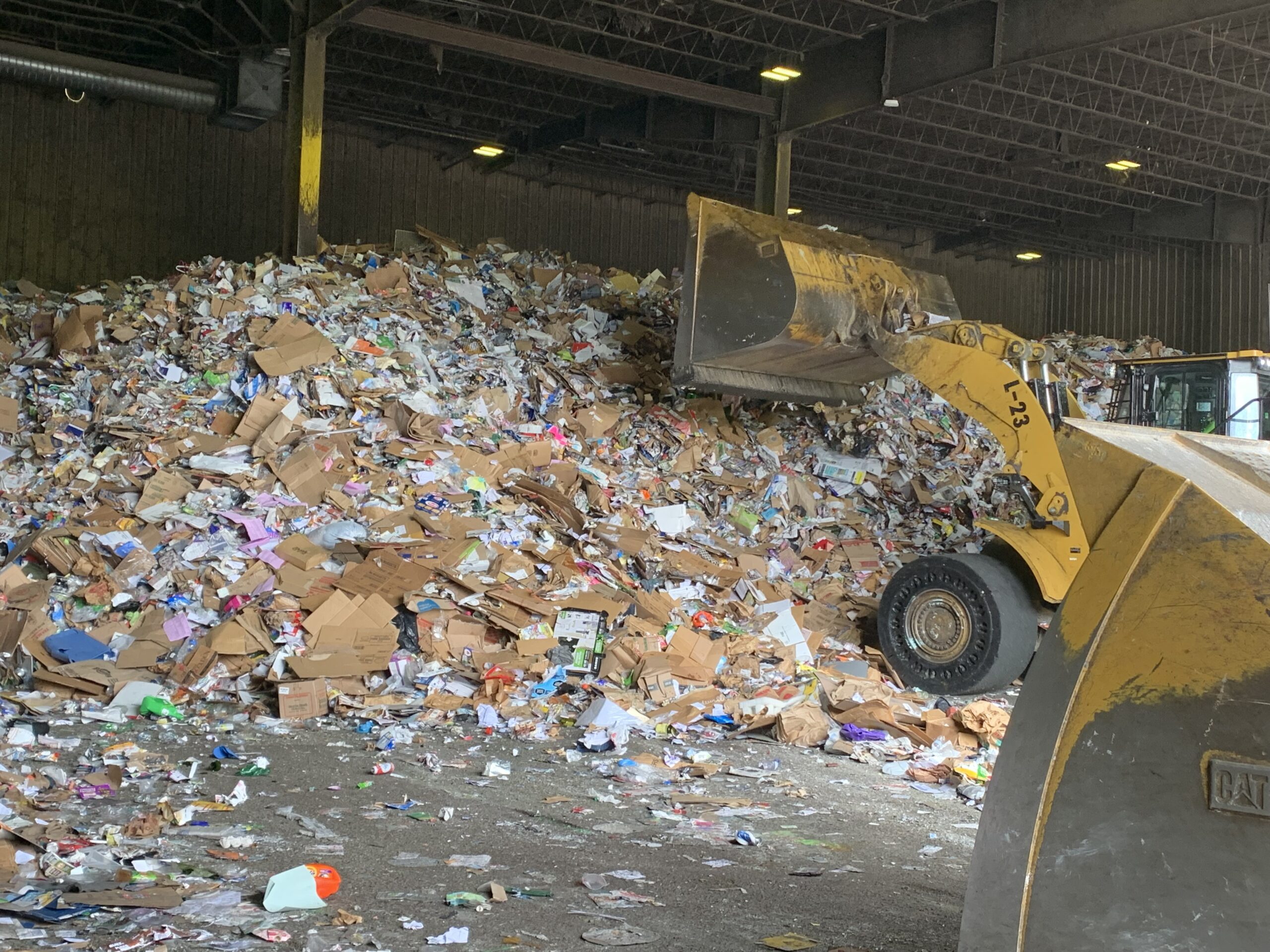South County Brewer Cans Plastic, Will Switch to Cardboard Beer Toppers
November 14, 2022
SOUTH KINGSTOWN, R.I. — One of the state’s biggest craft beers is getting a packaging makeover as its brewers move toward eliminating all plastic in its packaging.
Whalers Brewing announced last month it would be the first in the nation to roll out a new six-pack clip made entirely from recycled cardboard as it seeks to move away from the hard plastic can toppers (made by PakTech) that have become a common sight to craft beer fans when retailed.
The company said it was starting with a trial period, limiting the new clips to a few shipped pallets of its flagship beer, Rise. If customer feedback on the new packaging is positive regarding its durability, the new clips will be expanded to the rest of the line.
“With all of the progress that’s being made eliminating single-use plastic, we decided to take a fresh look at how we can eliminate plastic from our packaging so that we can do our part,” Whalers creative director Joanne Liu said.
The new packaging — its official name is TopClip — is a collaboration with the Dublin-based paper packaging giant Smurfit Kappa. TopClip, described on the company’s website as “a sustainable alternative for shrink wrap commonly used to bundle multipacks of cans,” has a 30% lower carbon footprint than similar plastic packaging, contains no glue (making it truly plastic free), and the toppers can be either recycled or even composted after use.
“We hope they’re better than paper straws,” the company quipped on Instagram.
First started in 2011, Whalers Brewing brews, cans, and kegs its beer products out of its facilities in the historic Palisades Mill campus in South Kingstown. Last year the brewery produced nearly 20,000 barrels of beer.
Craft beer is big business in Rhode Island. The state has 37 craft breweries, according to the National Brewers Association, that produce 87,671 barrels of craft beer annually. That’s 3.3 gallons for every adult over 21. Craft breweries contribute an estimated $233 million to the local economy.
The beer and soda industry worldwide continues to be haunted by the specter of plastic: 99% of all plastics are made from fossil fuels and a mixture of 10,000 petrochemical additives made from oil and gas. Plastic famously does not biodegrade, and any plastic made today will exist on Earth as long as the planet exists.
A 2017 study estimates more than 8 billion metric tons of plastic have been produced since the 1950s, with a whopping 79% ending up in landfills.
In March 2020, the New York Times reported that Coors Light had pledged to stop using plastic six-pack rings in its packaging for North American brands by the end of 2025. The company said it would swap its plastic rings with cardboard wrap carriers, eliminating 1.7 million pounds of plastic waste annually.
Last year Coca Cola announced a new prototype bottle, made entirely from plant-based sources, excluding the cap and its label. The company also announced a goal to use 3 million tons less of virgin plastic from oil-based sources by 2025.
The nation’s booming craft beer is no exception. Many brewers choose to use the hard plastic PakTech toppers, which give greater flexibility on the canning line. Originally rolled out in the summer of 2008 for a Hawaiian brewer, the plastic toppers are made from 100% post-consumer recycled plastic — repurposed milk jugs — and are themselves 100% recyclable, according to the manufacturer’s specifications.
The containers in the beverage industry fare a little better. According to 2018 figures from the Environmental Product Agency, about 39% of glass beer, wine, liquor, and soda bottles are recycled. For aluminum beer and soda cans, that number jumps to 50%.
The change in Whalers packaging should significantly reduce the company’s plastic use. According to Liu, the brewery became the largest of its kind in the state last year and is on track to produce 20,000 barrels of beer.
“Based on kegs vs. cans, that should work out to about a half-million six pack clips,” Liu said.
The company is currently using a semi-automatic machine to insert the cardboard clips, but she said the first fully automated applicator will be used when the company moves to full production.
If successful, Liu said, the only plastic left in the company’s packaging will be the hard plastic keg caps.



